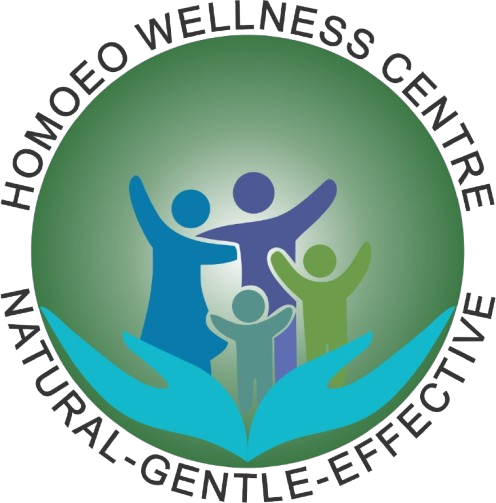Blood Pressure

Understanding Blood Pressure: Causes, Symptoms, and Management
Blood pressure is the force exerted by circulating blood against the walls of the arteries. It is an essential measure of cardiovascular health, with normal blood pressure being around 120/80 mmHg. Abnormal blood pressure levels can lead to serious health complications, including heart disease and stroke.
Types of Blood Pressure Conditions
Blood pressure can be categorized into:
-
Hypertension (High Blood Pressure): A condition where blood pressure consistently exceeds 130/80 mmHg, increasing the risk of heart disease, kidney failure, and stroke.
-
Hypotension (Low Blood Pressure): Blood pressure lower than 90/60 mmHg, which can cause dizziness, fainting, and shock in severe cases.
Causes and Risk Factors
Several factors influence blood pressure levels, including:
-
Diet: High salt, processed foods, and unhealthy fats can contribute to high blood pressure.
-
Obesity: Excess weight puts additional strain on the heart, increasing blood pressure.
-
Lack of Exercise: A sedentary lifestyle can lead to higher blood pressure levels.
-
Stress: Chronic stress can trigger spikes in blood pressure.
-
Genetics: A family history of hypertension increases the risk.
-
Medical Conditions: Diabetes, kidney disease, and hormonal disorders can affect blood pressure regulation.
-
Smoking and Alcohol: These habits can damage blood vessels and raise blood pressure levels.
Symptoms and Complications
High and low blood pressure often go unnoticed, but symptoms may include:
-
Hypertension: Headaches, nosebleeds, dizziness, and vision problems.
-
Hypotension: Fatigue, lightheadedness, blurred vision, and shock in severe cases.
If left untreated, high blood pressure can lead to heart attacks, strokes, kidney disease, and vision problems, while low blood pressure may cause fainting, organ failure, or shock.
Management and Prevention
Controlling blood pressure involves lifestyle adjustments and, in some cases, medication. Key strategies include:
-
Healthy Diet: Eating potassium-rich foods, reducing salt intake, and maintaining a balanced diet.
-
Regular Exercise: Engaging in at least
